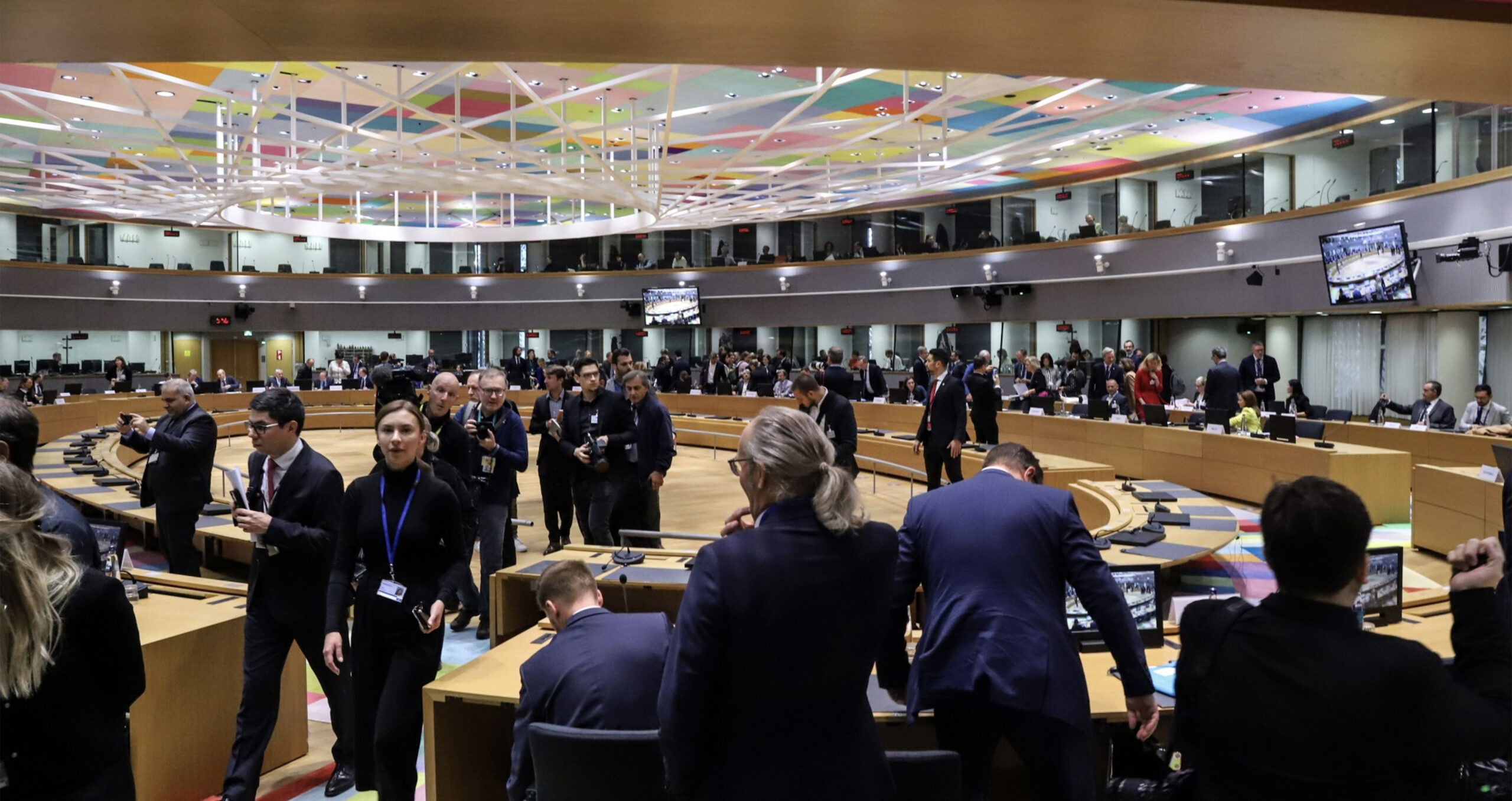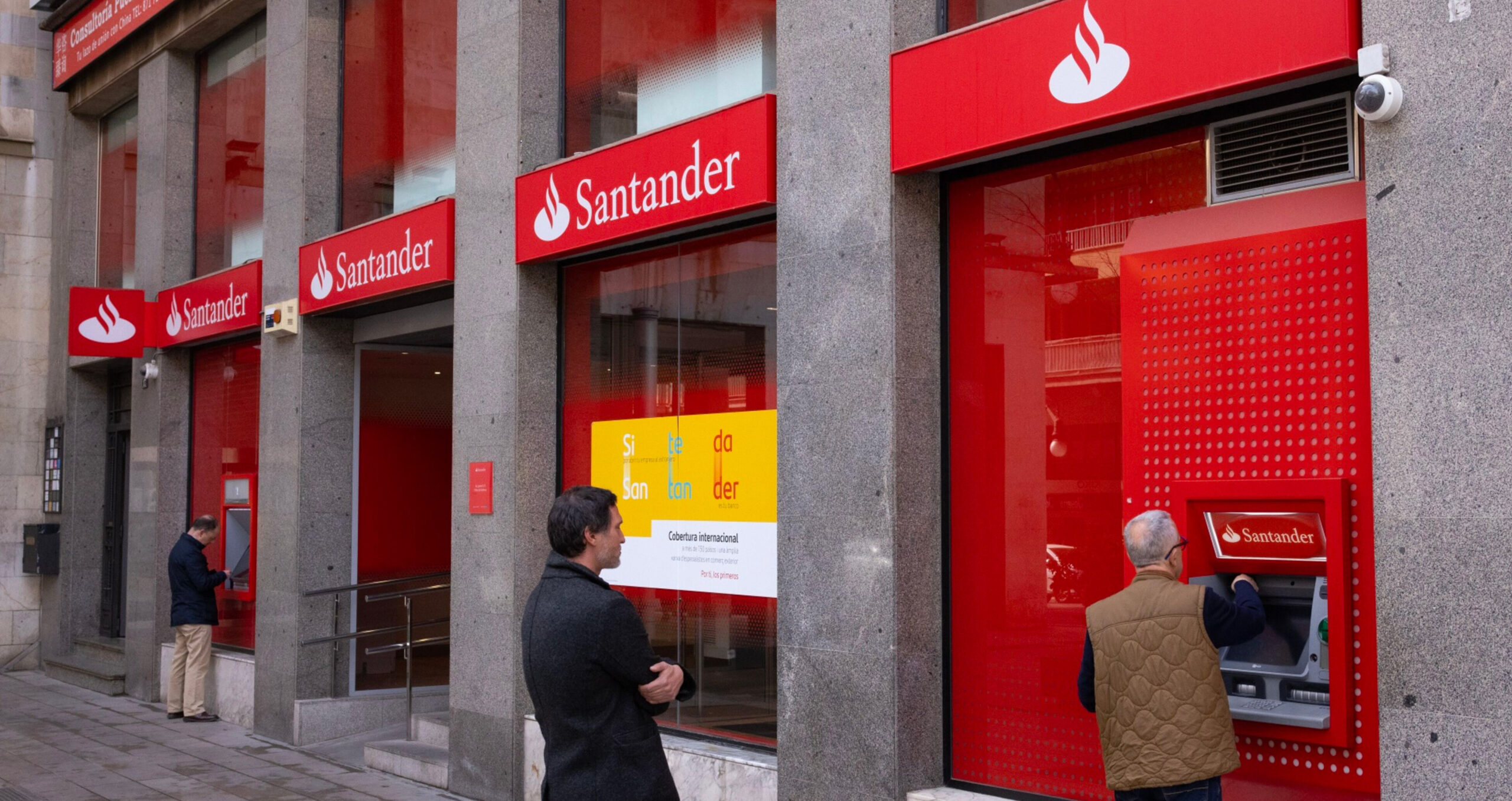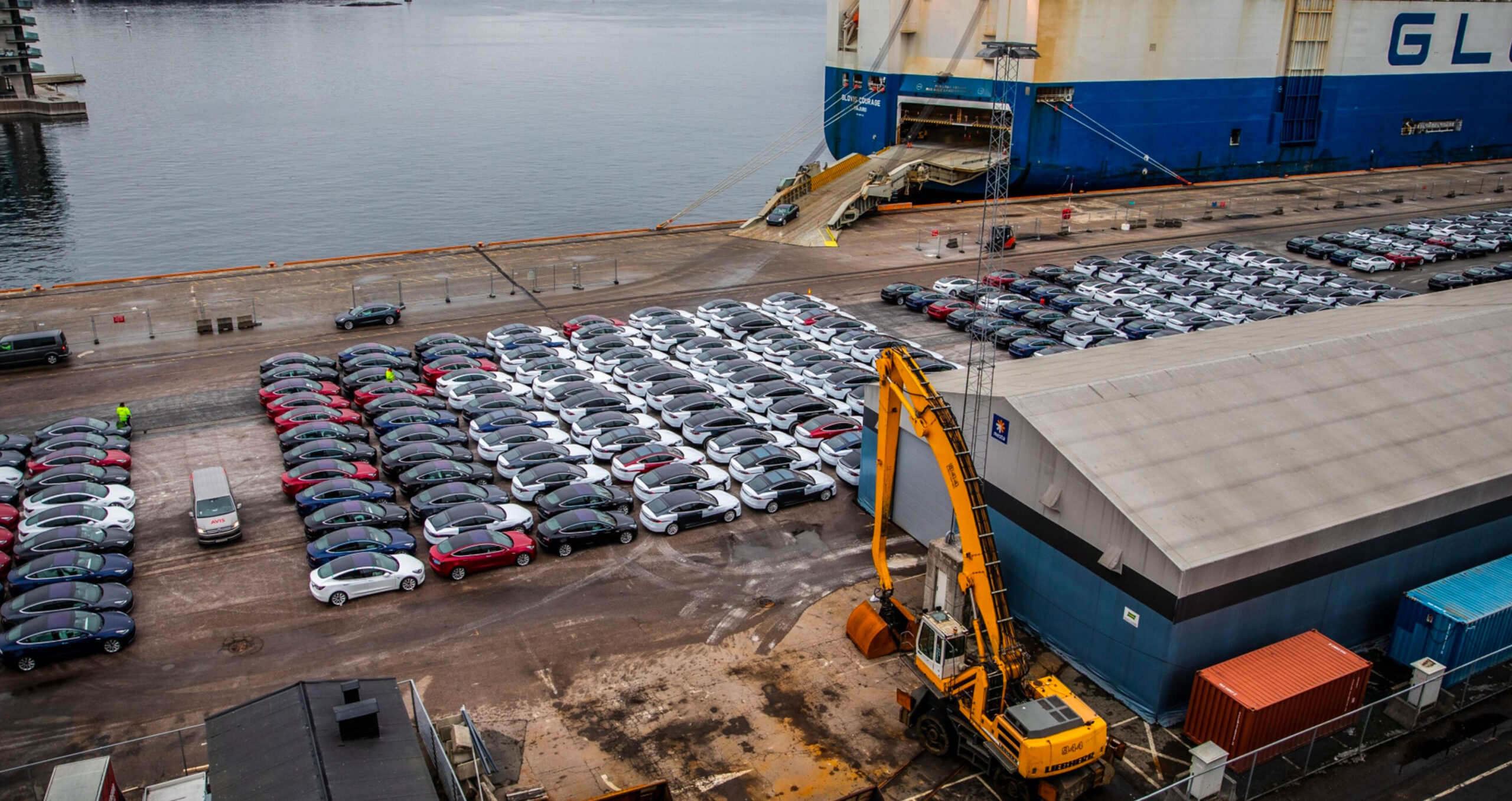
October 3, 2022
Renewables industry warns about implementation of EU energy crisis solutions

Decisions taken in Brussels on Friday by EU energy ministers could destroy the investment climate for renewable energy in Europe if they are not well implemented, industry groups have warned. Friday’s meeting was the second extraordinary energy council this month, aimed at trying to agree ways for Europe to better...
To continue reading
Request Free Trial- Unlimited access to all content
- Email alerts highliting key industry insight.
- Invitations to attend exlusive roundtables and events.
- The Sustainable Views Policy Tracker - deep insight on ESG regulations and deadlines
Already a subscriber?Log in
Similar Articles

March 25, 2024
Banks under pressure to reveal data comparing green and fossil fuel spending
Criticism sparks agreement by JPMorgan and Citigroup to develop a ratio to show whether a bank’s fossil fuel financing is outstripping the amount it is investing in clean energy
read more
March 19, 2024
With better planning and investment, EV uptake could offer storage and grid flexibility
As sales of electric vehicle rise, policymakers should be looking at how to maximise the benefits – and provide an ‘efficient transportation ecosystem’, according to a new report
read more
A service from the Financial Times

